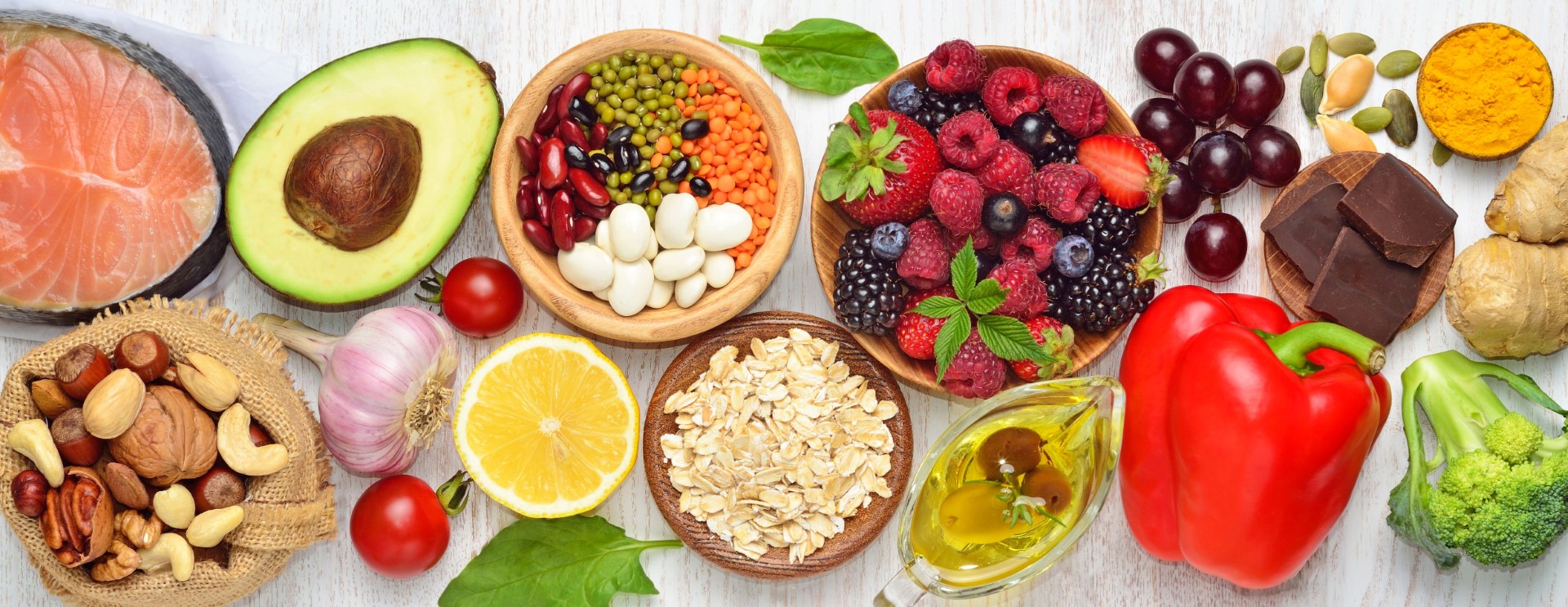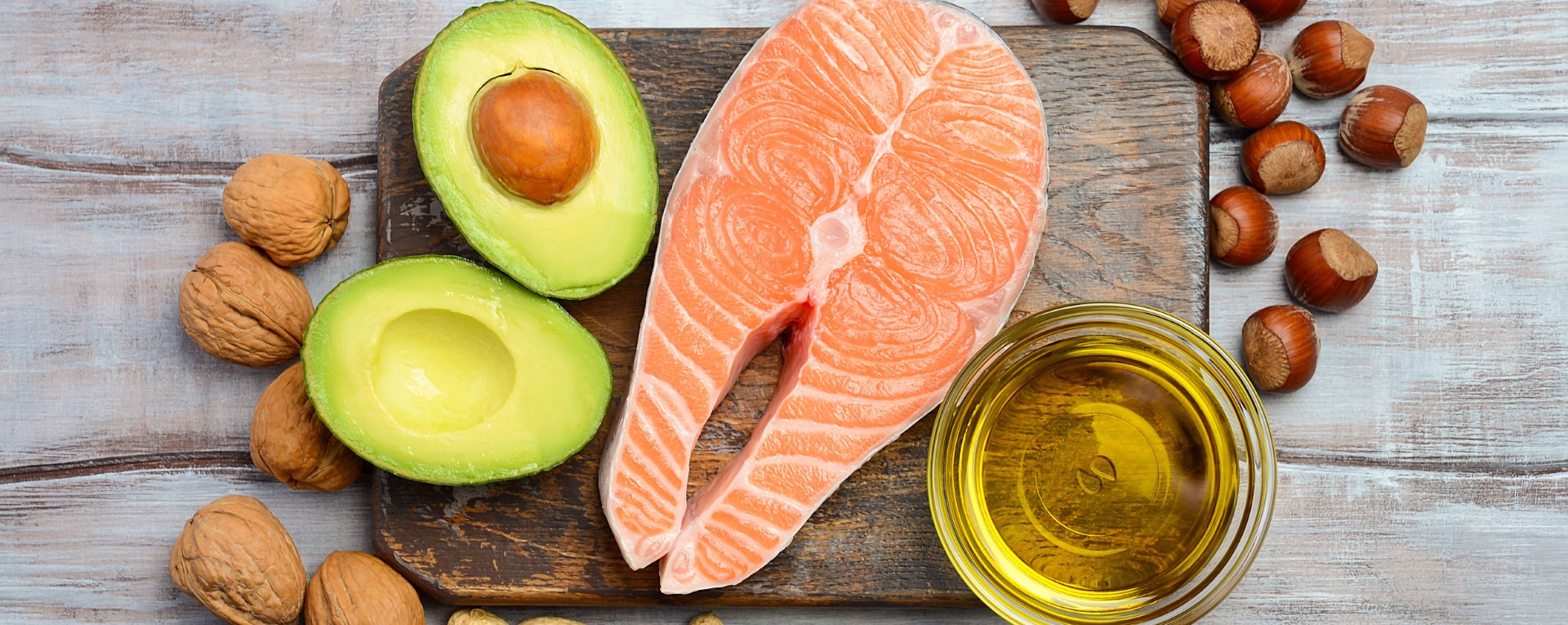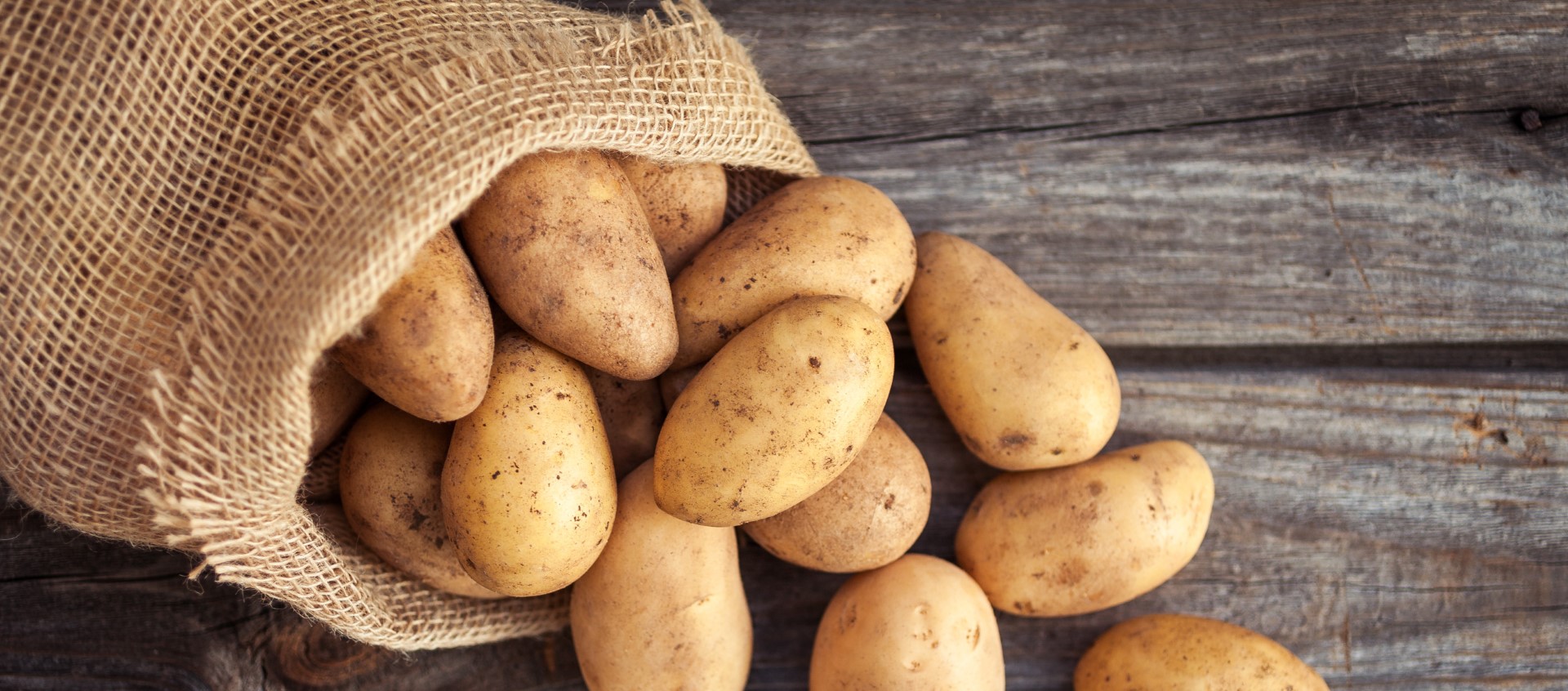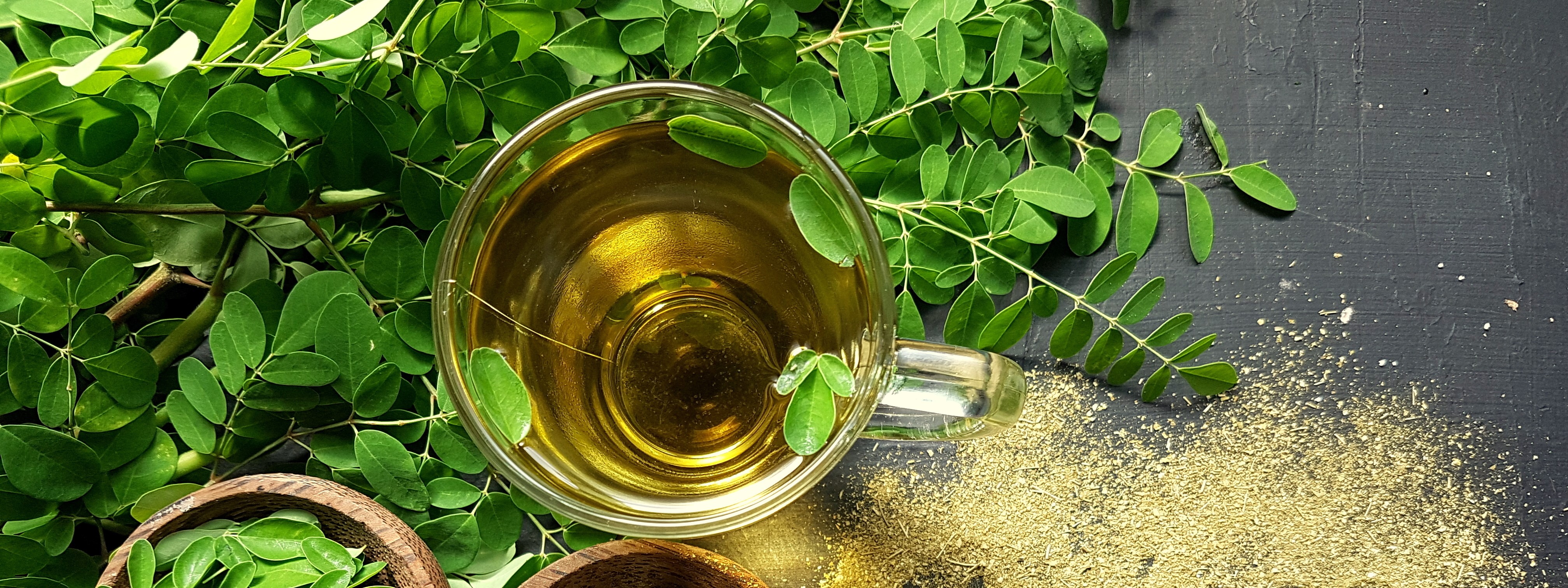Nutrition Facts

Macros are macronutrients. All of these nutrients provide your body with energy measured in the form of calories or kcals. There are three types of macronutrients: carbohydrates, proteins, and fats. Carbohydrates contain 4 kcal per gram, proteins contain 4 kcal per gram and fats contain 9 kcal per gram.
Fish, chicken, lean meats and meat alternatives such as beans and tofu are filled with protein to help keep muscles strong.
Leafy green vegetables like broccoli and orange vegetables such as carrots and sweet potatoes are full of vitamins to keep you energized and help you play harder for longer.
Fruit is better than the juice! One raw unpeeled apple has almost 10 times more fiber than a cup of apple juice.

Good fats are found in nuts, avocados, olive oil, canola oil and soft, non-hydrogenated margarine. Bad fats are found in hard margarine, vegetable shortening, butter, coconut and palm oils, fatty meat and full-fat dairy products.
Carbohydrates are stored as glycogen in muscles, where it is used as a source of quick energy. The only way to refill muscle glycogen stores is by eating carbohydrate-rich foods. The best carbohydrate food choices are nutritious high carbohydrate foods from the four food groups such as fruit, potatoes, bread, pasta, rice, cereal, legumes, milk and fruit-flavored yogurt.
The carbohydrate, protein, fluid and electrolytes (like potassium) in chocolate milk make it a great sports recovery beverage. The carbohydrates refuel muscles, the protein helps muscle repair and the fluids and electrolytes help with rehydration.

Laughing is good for the heart and can increase blood flow by 20 percent.
Foods that are gluten-free does not mean that it is healthy. Junk food can also be made with gluten-free and organic products.
You can become addicted to junk food. Food engineers can create processed foods that flood our brains with dopamine. This phenomenon has proven similarities between processed junk food and commonly abused drugs.
Fruit juice is the same as soda. Despite coming from healthy sources such as fruits, the added sugar make these beverages just as unhealthy as any sugary drink.
Broccoli contains more protein per calorie than steak does. However, these leafy greens do not have the same amount of calories as steak does.

Potatoes are one of the most beneficial root vegetables you can consume. Not only do they contain high traces of fiber, they also have high amounts of Vitamin C, B6, Potassium, and Kukoamines. All of these help aid in lowering blood pressure.
Milk can help lower anxiety and depression.
The magnesium, calcium, Vitamin B & D, and theanine found in milk have been found to help lower symptoms of anxiety and depression. Vitamin D is said to increase serotonin production which is the hormone that produces feelings of happiness.

All the essential amino acids can be found in the leaves of the Moringa tree. It also contains more iron than spinach, more calcium than milk, and more Vitamin A than carrots. Their seed has also been shown to purify water.
A pound of spinach will have the same amount of calories as two Oreo cookies.
Eating celery sticks will result in negative calories. This is because the calories burned to chew the celery is more than the total calories in the celery itself. This makes it the perfect healthy snack for your next diet.

Chocolate is good for the skin. The antioxidants found in chocolate are said to improve blood flow. Research suggests that consuming chocolate can also protect against UV damage.
Avocados, almonds, and arugula can improve your sex drive. Here's one of the nutrition facts about your libido. These healthy treats have also been stated to improve fertility. A diet including these foods is recommended for older couples looking to have children.
The saying 'An apple a day keeps the doctor away' is true. Apples can reduce the levels of unhealthy cholesterol in your body. Hence, making your heart healthier.
The healthiest fat that can be found in food is in extra virgin olive oil. This oil also contains high amounts of Vitamin E and K. Two tablespoons of olive oil a day is also said to help reduce the risk of heart disease.

One fast food burger can have close to 100 different cows in it.
Fruit snacks are coated in the same wax as cars are.
The red food dye used in Skittles is made from boiled beetles.
The average American will eat around 12 pounds of chocolate in a year.
A moderate amount of caffeine used as a pre-workout can actually enhance performance.
Eggs contain the highest quality food protein known. All parts of an egg are edible, including the shell which has a high calcium content.
Many types of fruit juice contain lots of highly-concentrated added sugar, which is hard for the body to process. One-hundred percent juice is a healthier option, as it doesn't contain added sugar: just the natural sugar that comes from fruit.

Water is in every organ, tissue and cell in our body. It helps keep your body temperature normal, protects your spinal cord and lubricates the joints. If that's not enough to convince you, water also flushes through our vital organs, which helps them stay in tip-top shape.
Soluble fiber found in barley, oatmeal, apples and beans, reduces the "bad" cholesterol by reducing the absorption of cholesterol into the bloodstream. Ten grams of fiber per day can decrease both your total and LDL cholesterol, but more is often recommended.
Simple carbohydrates are easy for your body to breakdown for energy or glucose. They have 1-2 sugar molecules and are found in items that are usually sweet such as honey, table sugar, syrup, agave nectar, molasses, milk/yogurt, and fruit. Complex carbohydrates take more time for your body to breakdown. They are long strands of sugar molecules strung together and typically have a savory taste. They are found in foods such as starches and grains: rice, pasta, bread, and starchy vegetables (potatoes, peas, corn).